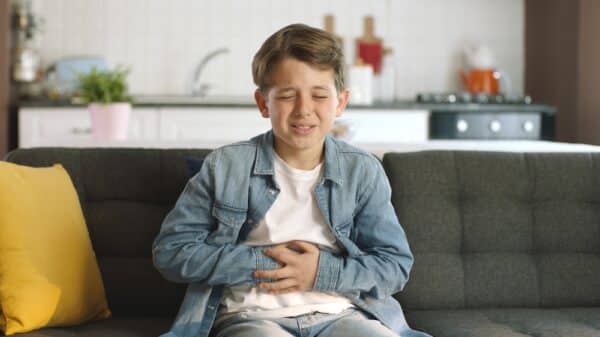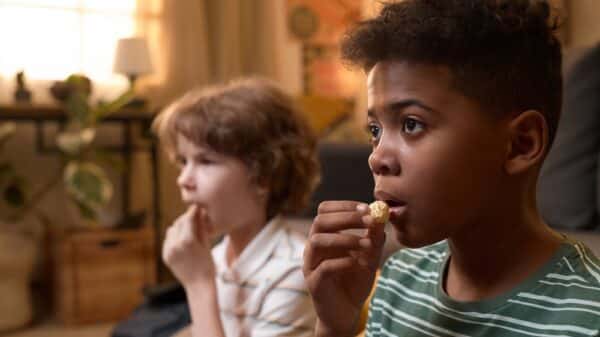A recent report from the American Cancer Society has revealed a startling and troubling trend: women under the age of 50 are 82% more likely to receive a cancer diagnosis compared to their male counterparts. It’s a striking statistic. Historically, cancer has been perceived as a disease primarily affecting older individuals, but it is now appearing earlier and, notably, more frequently among women.
As a mother of five and co-founder of Motherly, this information resonates deeply with me. It serves as a critical reminder for all of us managing the complexities of modern motherhood. We must explore the reasons behind this alarming increase—and consider actionable steps we can take.
What is fueling the rise of cancer among younger women?
The statistics indicate that breast and thyroid cancers are significant contributors to this increase. Together, these two types account for nearly half of all cancer cases in women under 50. Breast cancer, in particular, continues to see a consistent annual rise of 1% in diagnosis rates, with younger women increasingly diagnosed with more aggressive forms of the disease.
What factors are contributing to this trend? Experts attribute it to a combination of influences associated with contemporary lifestyles:
- Delayed Motherhood: Women are choosing to have children later in life, and while this presents exciting opportunities, it also alters the hormonal balances within our bodies. Historically, early pregnancies and breastfeeding have been linked to reduced cancer risks.
- Lifestyle Choices: The last decade has seen a significant uptick in alcohol consumption among women, which is a well-documented risk factor for breast cancer. Coupled with diets heavy in processed foods and reduced physical activity, the risks increase significantly.
- Environmental Influences: We’re becoming increasingly aware of how environmental chemicals—such as endocrine disruptors—could be impacting our health, particularly when exposure is sustained over time.
Why this is crucial for mothers
As mothers, we frequently prioritize others’ needs over our own. We tend to overlook persistent symptoms, forgo health check-ups, and delay addressing our health issues because more pressing responsibilities arise. Yet, the fact remains that early detection can be life-saving.
The Roark sisters, featured in CNN’s coverage of the study, experienced this harsh reality firsthand. Kiki, a mother of three, fought for several months to persuade her doctors to perform a mammogram at age 37 after she reported breast pain. The mammogram revealed stage I breast cancer. Four years later, her elder sister, Charmella, was diagnosed with the same illness during a routine screening. Both women are now cancer-free, but only because they advocated vigorously for their own health.
Steps you can take today
- Understand your family history. If breast, thyroid, or other types of cancer are present in your family, inform your doctor. This may necessitate earlier screenings or genetic testing.
- Remain vigilant about screenings. Although routine mammograms typically begin at age 40, don’t hesitate to address any concerning symptoms beforehand. You are most familiar with your own body.
- Prioritize your health as a mom. A healthy lifestyle characterized by exercise, a well-balanced diet, and limited alcohol consumption can reduce your risk. However, let’s be honest—motherhood often makes it challenging to manage meal preparation and fitness. Start with small changes: take a leisurely walk, swap one glass of wine for herbal tea. Focus on consistent progress rather than achieving perfection.
- Be a catalyst for change. We must advocate for enhanced research and healthcare policies that center around the distinct health needs of women. This includes supporting new mothers and tackling cancer risk factors—we deserve more.
A glimmer of hope for mothers
The report does present some encouraging news: overall survival rates for cancer are on the rise, largely due to earlier detection and improved treatment options. However, as a generation of younger women faces heightened risks, we need to prioritize our health—not only for ourselves but also for the families and futures we are dedicated to nurturing.
Mothers, let’s commit to caring for ourselves with the same dedication and energy we invest in everyone else. Ultimately, our health is the cornerstone of everything we undertake. Let’s teach our children the importance of advocating for one’s health and life.
Image Source: Pixel-Shot / Shutterstock



































